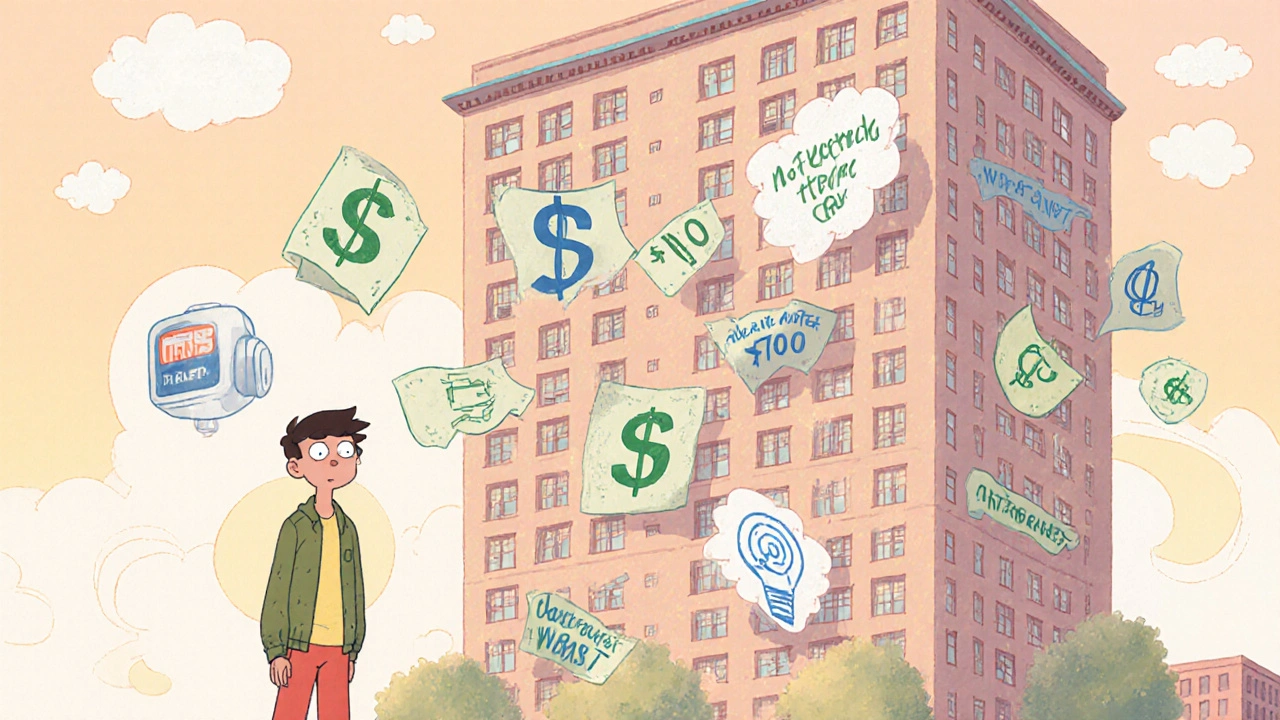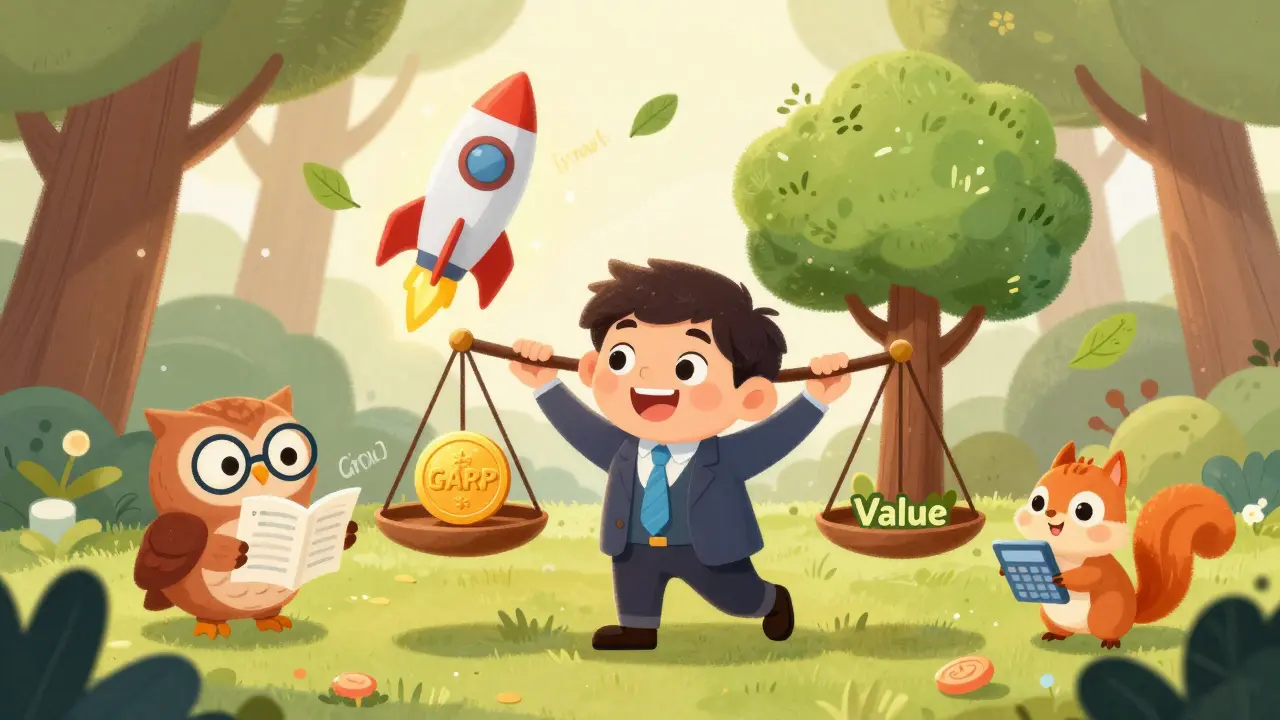Utility Bills: How to Reduce Costs and Use Fintech to Manage Them Smarter
When you think about utility bills, regular payments for essential services like electricity, water, gas, and internet that most households must pay monthly. Also known as monthly service charges, they’re not optional—but they don’t have to be a financial burden. Many people just pay them without question, but that’s leaving money on the table. In 2025, smart households use data, automation, and comparison tools to slash these costs by 15% to 30%—without sacrificing comfort.
What most don’t realize is that energy costs, the price you pay for electricity and natural gas, which fluctuates based on market demand, weather, and regional regulations are one of the biggest hidden drains on household budgets. The average U.S. family spends over $1,500 a year just on electricity alone. And it’s not just power—water bills, charges for municipal water and sewer services that often include hidden fees and inefficient usage patterns can spike unexpectedly due to leaks or rate hikes. Then there’s fintech for bills, digital tools like automated payment platforms, usage trackers, and AI-driven bill comparison services that help you find better rates and avoid overpaying. These aren’t luxury apps—they’re practical, real-world solutions that people are using right now to take control.
It’s not about cutting corners. It’s about being smarter. You can switch providers, lock in fixed rates, or even get cashback through reward apps tied to your utility usage. Some platforms now use your actual consumption data to recommend cheaper plans automatically. Others alert you when your usage spikes—maybe because your AC is running too long or your water heater is leaking. You don’t need to be a tech expert. You just need to know where to look.
And here’s the thing: managing your utility bills isn’t just about saving a few bucks each month. It’s about building financial resilience. When you reduce fixed expenses, you free up cash for emergency funds, investments, or paying down debt. That’s why the posts below focus on real strategies—how people are using digital tools to track, compare, and cut their monthly bills. You’ll find reviews of apps that auto-negotiate rates, breakdowns of how to read your bill line by line, and even how to qualify for government assistance programs you didn’t know existed. No fluff. No hype. Just what works.



